It has been over three years now since the passage of the SAFE Act federally which mandated that states pass similar legislation meeting the minimum standards outlined by the federal legislation. States were given one year to draft and pass their legislation. All states did pass legislation but several were notified by HUD (Housing and Urban Development) that their legislation did not meet the minimum standards or provided more latitude or exemptions than were provided in the federal law and as a result the states had to amend or change their laws accordingly. It is extremely important to note that the federal law established the minimum standards and a few states incorporated more stringent standards such as requiring lenders to have a physical presence in their states. Lenders and state regulators are still sorting out these issues.
To further complicate the matter, HUD’s rule was a proposed rule….meaning that upon further review and comment it could change or provide states with an interpretation different than the proposed rule. This created a great deal of confusion at the state enforcement level and many states took the position that there would be no enforcement of the SAFE Act until the final rule was issued.
On June 20, 2011 approximately 30 days before all enforcement of SAFE was to be turned over to the Consumer Finance Protection Bureau, HUD issued the final rule!
The final rule did provide additional clarity on issues on what can and what cannot be done without triggering actions requiring licensing under the SAFE Act. Let’s look at what we found out.
It appears that retailers and community owners have a little bit more flexibility in their “interaction” with the borrower so long as:
-
They do not hold themselves out as a loan originator.
-
Limit their actions regarding the loan transaction itself and
-
do not receive any compensation or gain as a result of the credit transaction.
-
They can transmit a completed credit application (completed by the borrower) to prospective lenders.
-
They can provide payment examples for prospective borrowers.
-
They can share or show the borrower rate sheets from multiple lenders.
-
They can assist the lender in closing the loan transaction by showing the borrowers where to sign and then sending loan documents back to lender.
-
They cannot negotiate rates and terms of the loan.
-
They cannot receive compensation related to the loan transaction.
-
They cannot complete the loan application for the customer.
-
They cannot hold themselves out as a loan originator unless they have the requisite MLO license.
The final rule made clear that the federal law does not provide for any kind of de minimus exemption but strangely left it open for states to determine what was habitual or repetitive. This seems contradictory at best but Industry Associations such as the WMA and CMHA are working diligently to get a favorable interpretation with state regulators.
So let’s bring this forward to where we are today. We have the final rule; states regulators are meeting by conference call regularly so there is consistent and uniform interpretation and enforcement; and the CFPB is now technically operational since Richard Cordray has been appointed via a controversial 'recess appointment' by President Obama to be the Directory of CFPB. What this all means is that states will begin enforcing if they have not started already; the CFPB is the ultimate regulator at the national level and will also begin audit and enforcement of non-depository finance related entities such as mortgage servicers, payday lenders, and manufactured housing lenders!
What does this mean for community owners who have been providing the capital to make loans for prospective residents to live in their communities? It means you have to be licensed as a lender and your sales people have to stay within the “lines” outlined above to avoid having to be licensed as a Mortgage Loan Originator.
Or…you should investigate and consider using a TPSP (Third Party Service Provider) who can do all of the lending functions (receive the application from the customer; underwrite the loan in accordance with federal requirements, document the loan file; prepare loan documents; fund the loan and provide loan servicing on a direct basis with the borrower).
San Antonio Credit Union (SACU) has such a program in place. There are certainly other firms you may wish to contact to see if they offer anything comparable and under what conditions. SACU has a compliance department that daily reviews regulations coming from Washington and determines the impact of those regulations on their lending business.
So we have SAFE Act in place, now being enforced…don’t ignore it and think you can “fly under the radar”…it is not worth the risk. Fines can be $25,000 per incident, which means for those doing a volume of business, x number of 'incidents' from the federal regulators perspective may put a company in a world of hurt or out of business.
Dodd-Frank, the massive financial reform legislation for the most part has not kicked in yet but now that the CFPB is up and running you can expect a flurry of activity and new regulations that will have a profound effect on the way we do business. We already know the crucial areas to be concerned with. It can make sense to partner with some firm who knows and can provide the assistance and programs needed to continue doing what you do best…developing and managing great communities and affordable housing and attractive lifestyles for your residents. # #
By Dick Ernst,
President of Financial Marketing Associates, Inc.



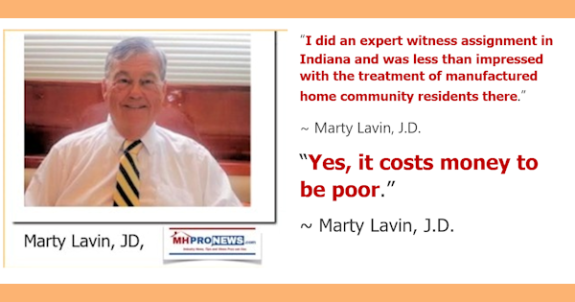
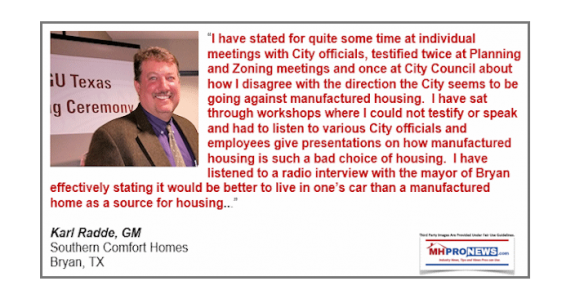
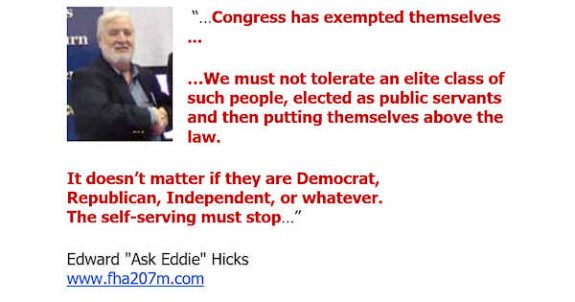
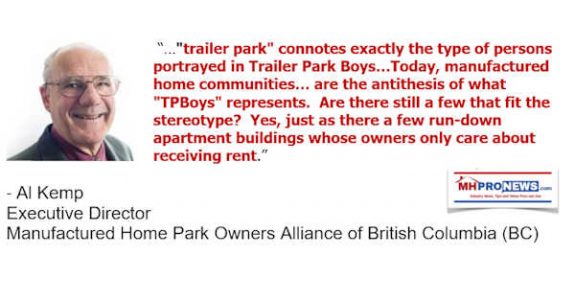
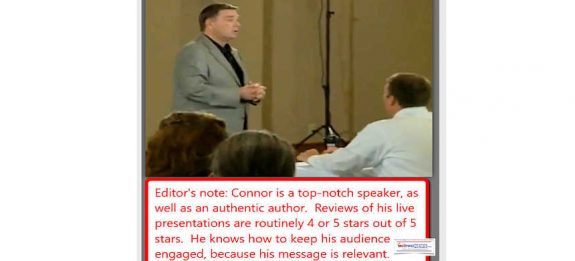
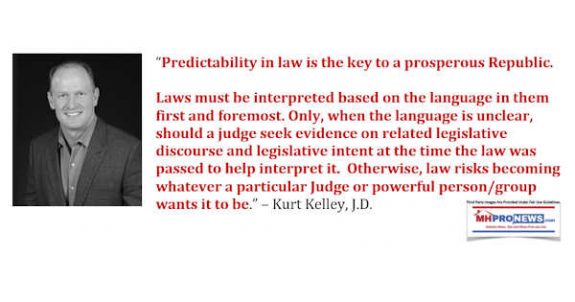

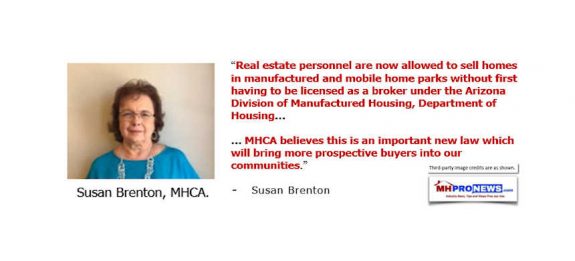
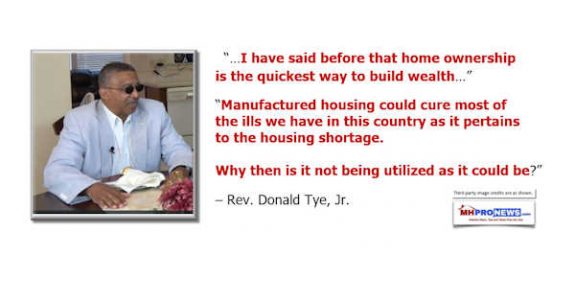
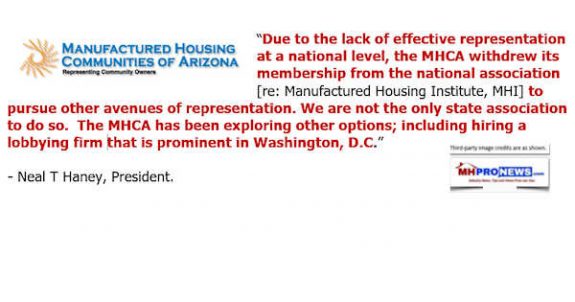
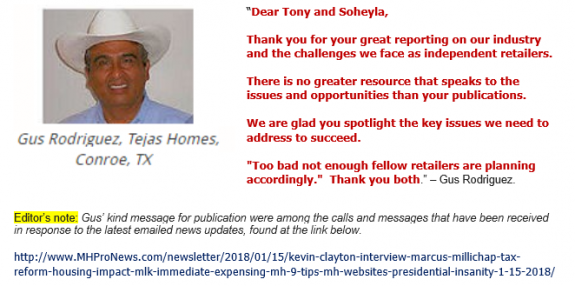
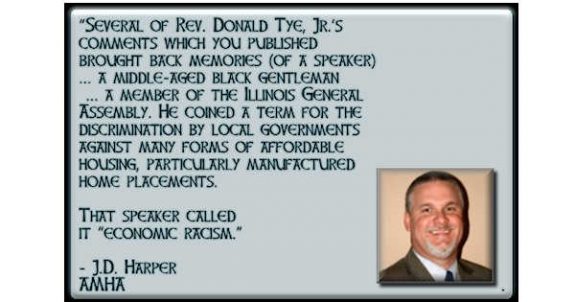
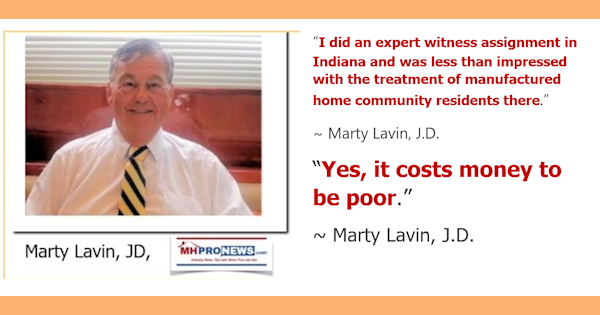
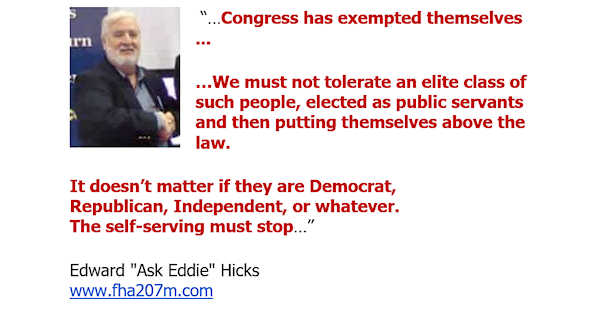
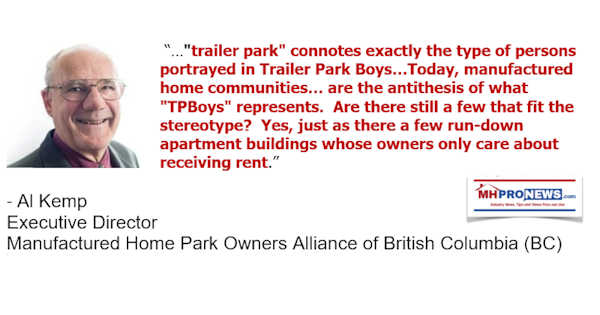
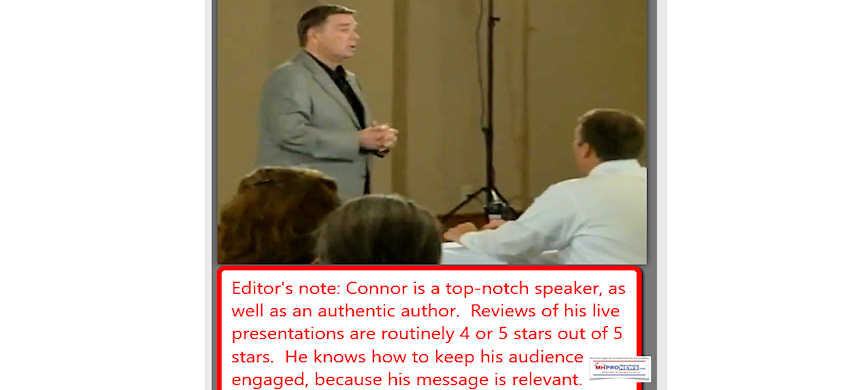
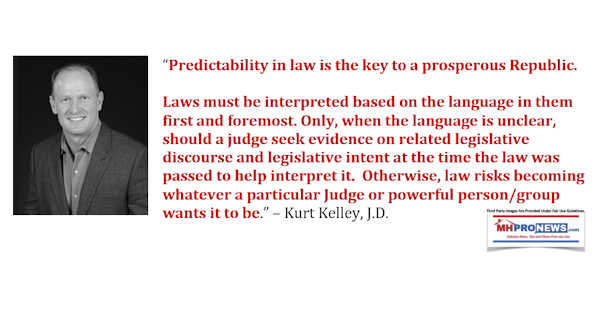

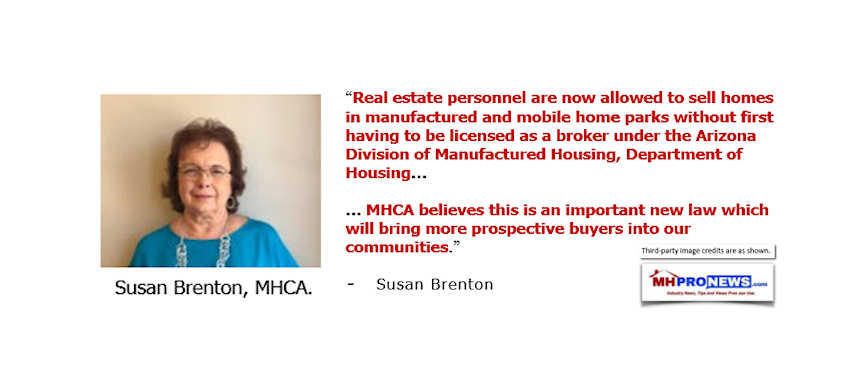
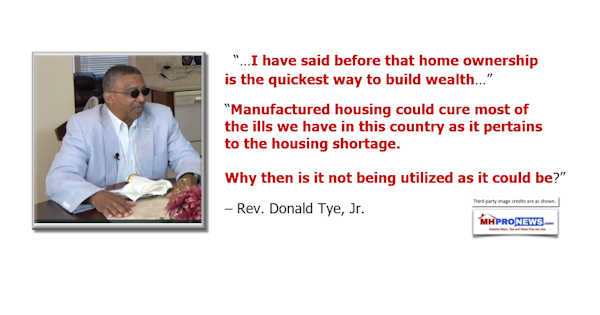
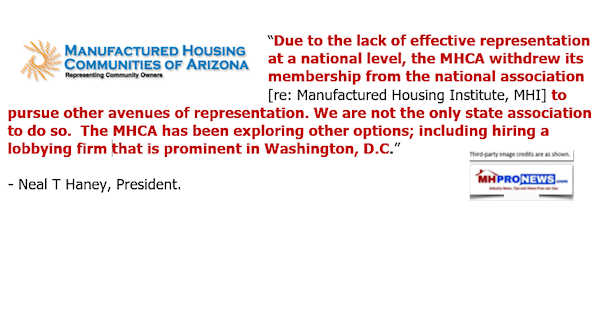
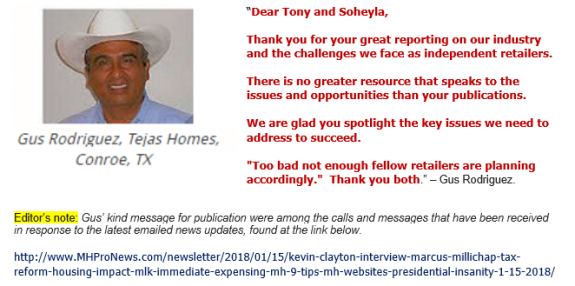
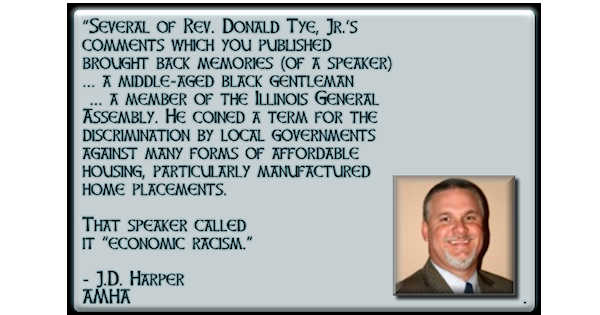
Karl Radde – TMHA, MHI, Southern Comfort Homes – Addressing Bryan City Leaders, Letter on Proposed Manufactured Home Ban
To All Concerned [Bryan City Officials, Others]: As the retail location referenced by Mr. Inderman, I would like to take a moment to address the …